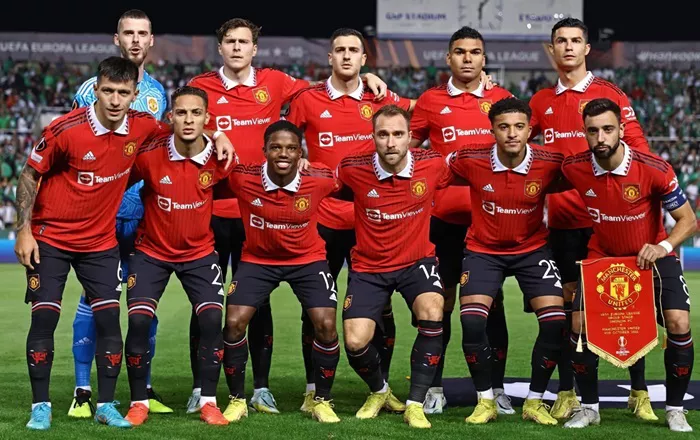Manchester United have announced a new ticket pricing model for the 2025/26 Premier League season — a move that has sparked strong criticism from fans.
Under the new structure, season ticket prices will rise by approximately five percent. In addition, the club has introduced a tiered pricing system for individual match tickets, categorizing games based on opponent and expected demand.
Category D, the most affordable tier, will only apply to cup matches, with tickets priced between £32 and £52. Just two Premier League fixtures — against Wolves and Sunderland — fall under Category C, where fans can expect to pay between £37 and £60.
The majority of home league games, 11 in total, have been labeled as Category B, with ticket prices ranging from £57 to £86.
These include high-profile matchups such as the clash with Leeds United.
Category A fixtures are the most expensive, with tickets costing between £59 and £97. Six games have been placed in this top tier: Arsenal, Chelsea, Liverpool, Manchester City, Newcastle, and Tottenham.
The price changes have triggered frustration among supporters. The Manchester United Supporters’ Trust (MUST) issued a strongly worded statement condemning the decision.
“This really is a fresh kick in the teeth for Manchester United fans,” the statement read. “When the club announced plans to revamp the ticket model for Members, we urged them to keep most matches at current price levels, applying higher rates only to a small number of top-tier games and reducing prices for lower-demand fixtures.”
MUST also criticized the lack of dialogue between the club and its fan base.
“Once again, they have failed to consult any fan representative groups on the details of this decision. Once again, they’re making choices that go against the interests of supporters and, in our view, the club itself,” the statement continued.
The pricing strategy follows recent changes under the ownership of Sir Jim Ratcliffe, whose tenure has already seen several key structural shifts at Old Trafford. However, the growing discontent among supporters signals potential challenges ahead for the club’s leadership.


